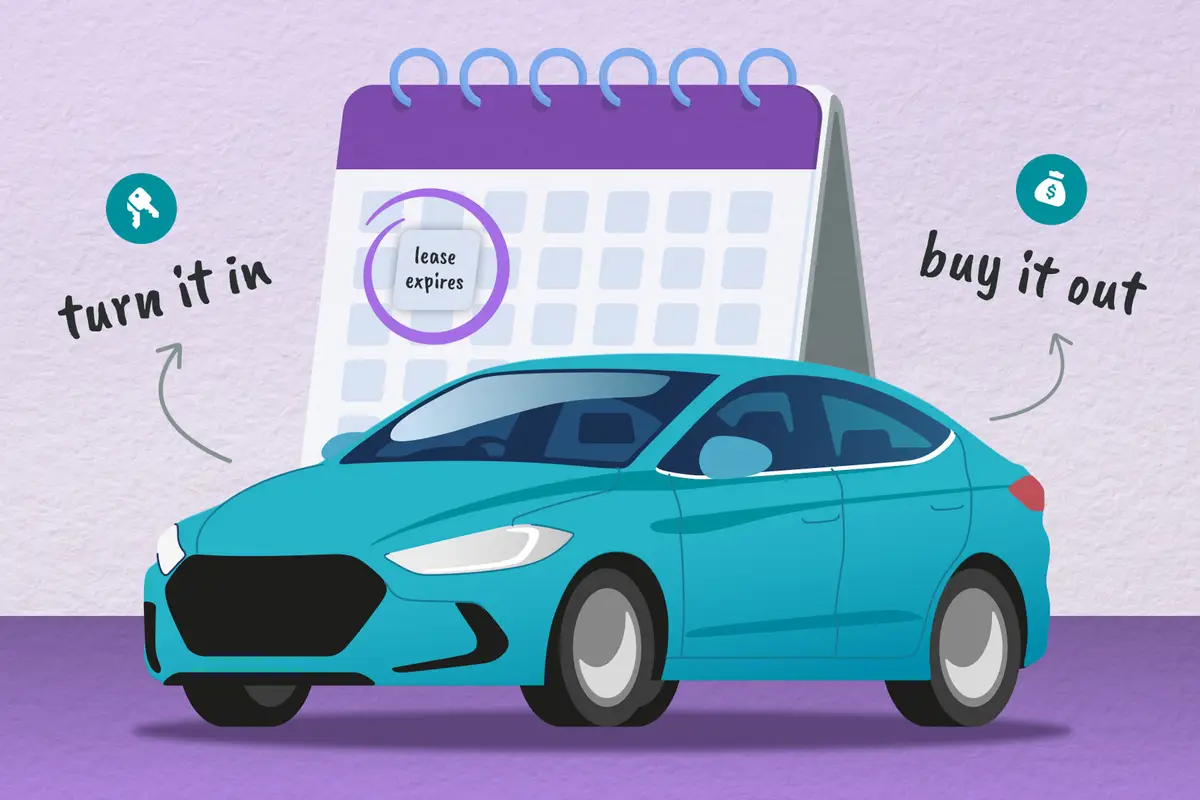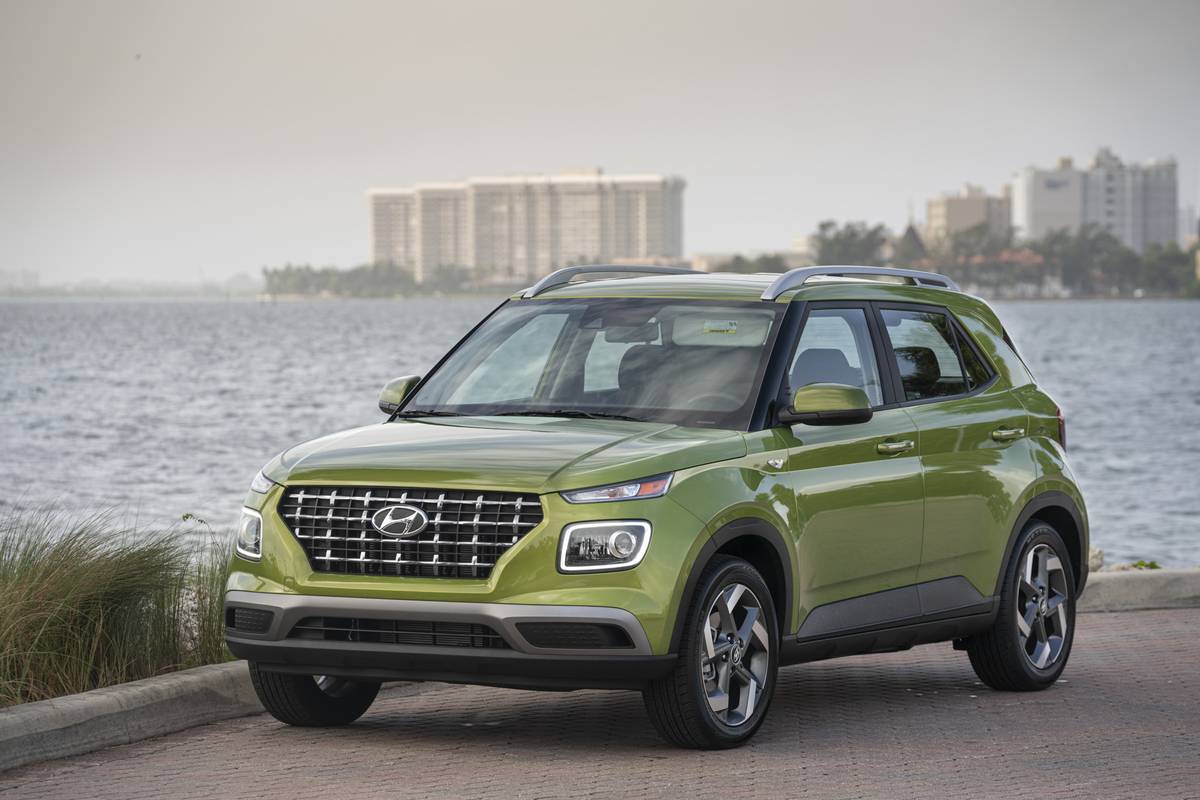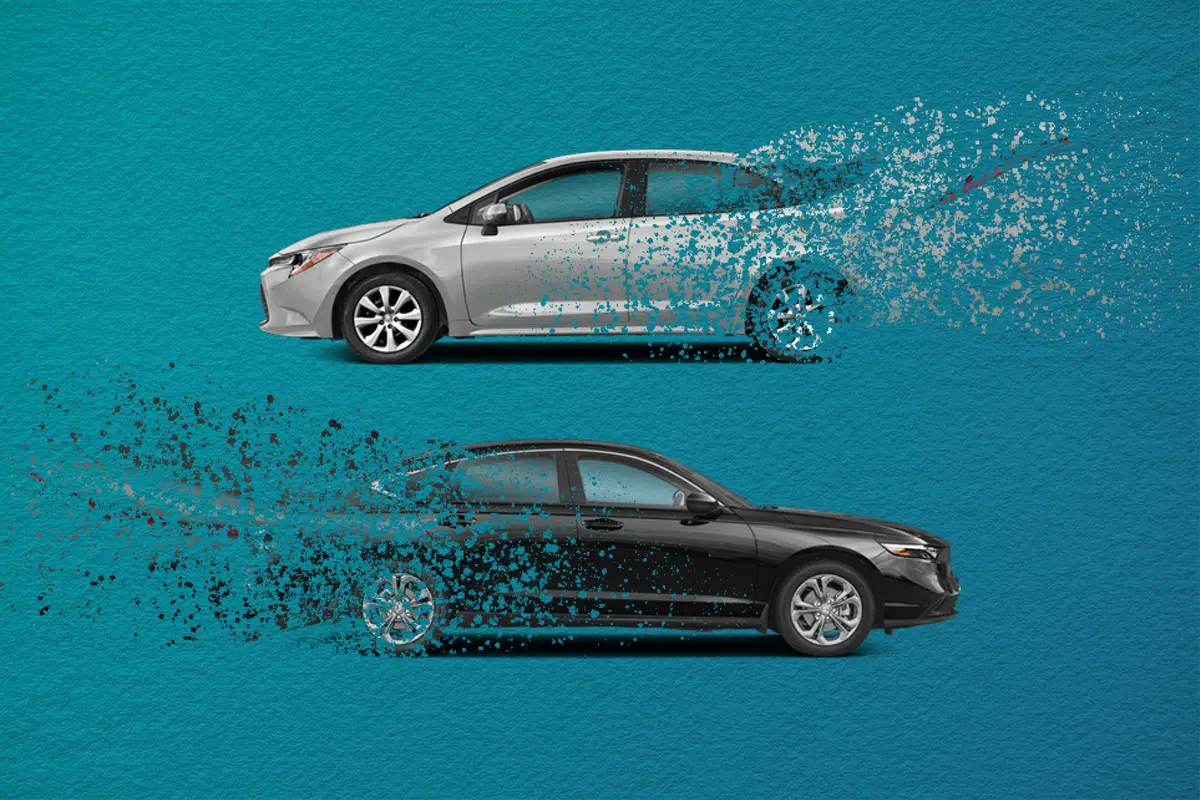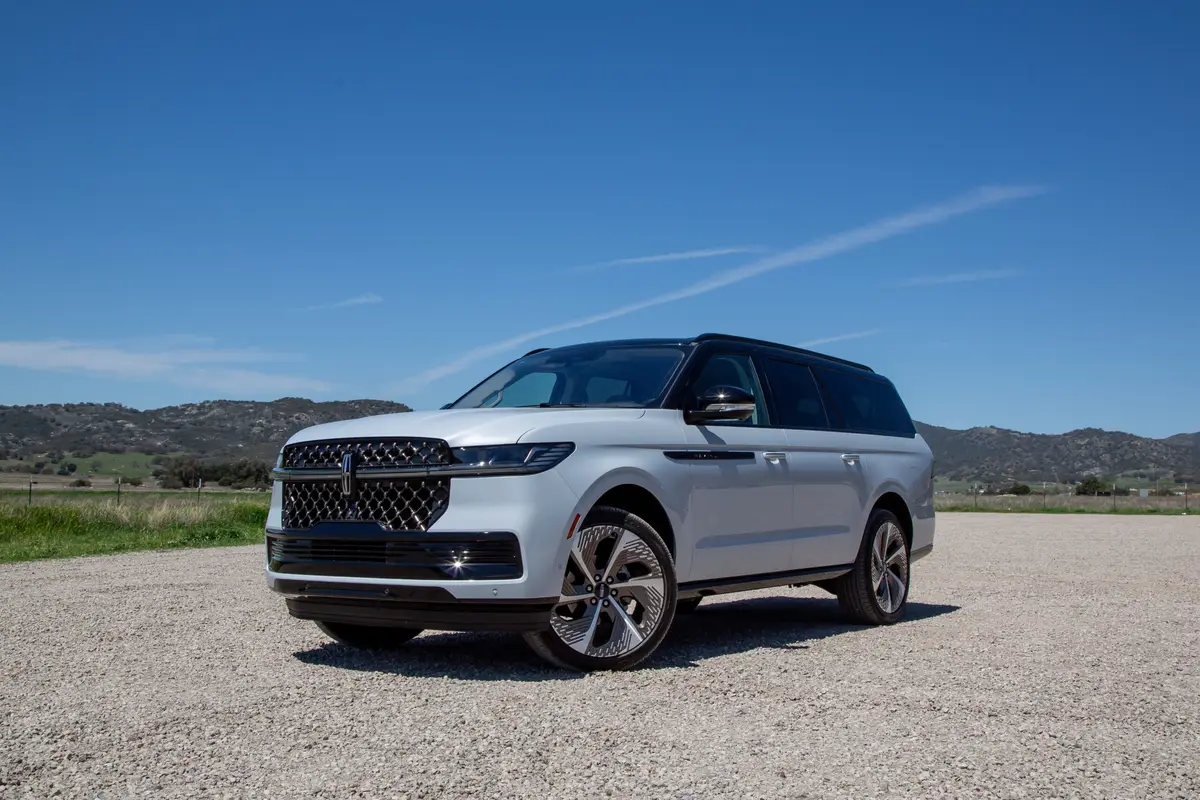Given Rising Used-Car Prices, Should You Buy Your Leased Car?


On April 3, the Trump administration’s sweeping tariffs on virtually all imported goods entering the U.S., including a 25% tariff on all foreign-made automobiles, went into effect. While many questions remain on the specifics of the tariffs and their ultimate impact, these new tariffs are almost certain to raise the prices of nearly all new vehicles very soon. Prices for used vehicles will likely rise in turn, too, due to low existing inventory and the higher demand from shoppers looking to avoid higher new-car prices. If you are currently leasing a vehicle, the tariffs could change what your best course of action is when your vehicle’s lease expires. So, what should you do?
Related: How Trump’s 25% Tariffs on Automobiles, Automotive Parts Will Affect You
Should You Purchase Your Car at the End of the Lease?
The short answer is “maybe,” but for consumers with current leases set to expire within the next year or two, the answer is more likely to be “yes” than it would have been had the tariffs not been enacted.
The standard guidance on whether or not to buy out your leased vehicle hasn’t really changed. As Greg McBride, senior vice president, chief financial analyst at Bankrate.com, puts it, “If the cost of purchasing the vehicle at lease-end is attractive relative to current market price of a similar vehicle — and importantly, you like the vehicle and want to keep it long-term — then buying at the end of the lease is a compelling option.”
The buyout price at the end of a given vehicle’s lease is the residual value plus any applicable fees. Since used-car inventory volume is already low due to pandemic-related production issues, used-car prices are likely to rise further if tariff-induced higher prices for new cars push more shoppers to the used market. That means there’s greater potential for your leased vehicle’s residual value to be less than its current market value in the user-car market. If that’s the case, buying out your leased car could be your smartest option — even if you don’t intend to keep it — but there are other factors to consider.
How Do I Determine My Car’s Value?
There are a number of ways to determine the value of your leased car, including getting an offer online from a local dealer, tracking your car’s value via Cars.com’s Your Garage tool or researching used-car values on the National Automobile Dealers Association website.
You’ll also need to consider your leased car’s value to you. Do you like the vehicle? Does it still fit your needs, and will it continue to fit your needs for at least the next couple years? Has it been a reliable, trouble-free vehicle? And, have you maintained it properly and kept it in good shape?
Most lease contracts have clauses that charge the lessee fees for excess wear and tear on the vehicle and for going over the listed mileage limit, as well as a general processing/end-of-lease fee (that fee is often waived if you lease a new vehicle). Note that buying out your lease could enable you to avoid any mileage overage fees or wear-and-tear fees you might have incurred. You should read your contract carefully before making a decision.
Should I Keep It or Flip It?
Even if you don’t intend to keep your leased car after its lease expires, it may still be worth it for you to buy out the lease and sell the car yourself. Though the process is more complicated than simply buying the car or turning it back in, reselling the car yourself means you can pocket the difference between your total buyout price and the vehicle’s actual current value. You can find out more about the process of reselling your bought-back leased vehicle here.
More From Cars.com:
- If Tariffs Increase Car Prices, How Else Can You Save Money?
- How to Get Out of a Car Lease
- What Do the New Tariffs Mean for Car Buyers?
- Can I Extend My Auto Lease?
- More Tariff News
Related Video:
Cars.com’s Editorial department is your source for automotive news and reviews. In line with Cars.com’s long-standing ethics policy, editors and reviewers don’t accept gifts or free trips from automakers. The Editorial department is independent of Cars.com’s advertising, sales and sponsored content departments.

Senior Research Editor Damon Bell has more than 25 years of experience in the automotive industry, beginning as an Engineering Graphics researcher/proofreader at model-car manufacturer Revell-Monogram. From there, he moved on to various roles at Collectible Automobile magazine and Consumer Guide Automotive before joining Cars.com in August 2022. He served as president of the Midwest Automotive Media Association in 2019 and 2020.
Featured stories



2025 Lincoln Navigator Review: Elephantine Elegance

